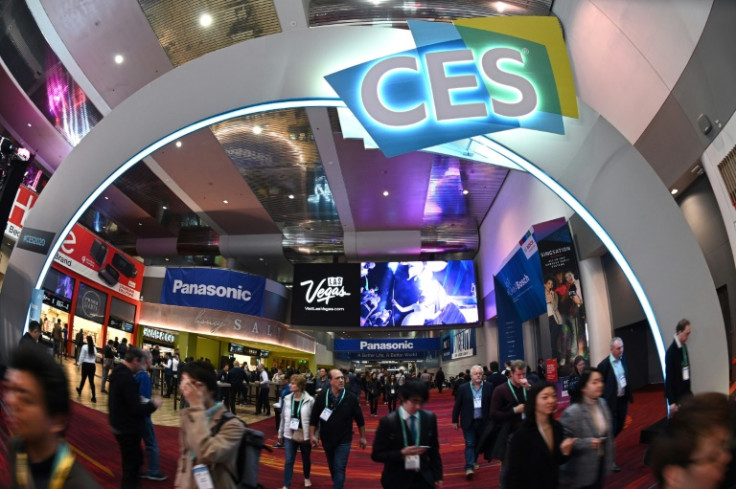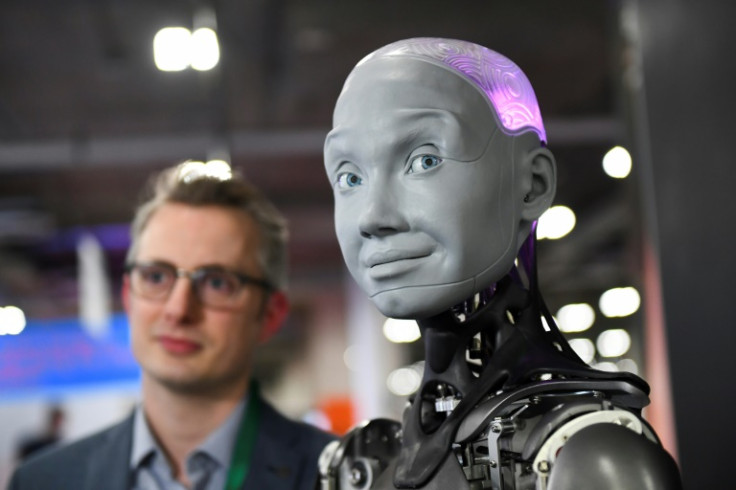Five things to watch at CES tech megashow
Last year's CES was dominated by the idea that virtual reality, accessible through a variety of headgear from a wide group of companies, would be the internet of the future.

The world's biggest tech megashow, the Consumer Electronics Show (CES), gets underway in Las Vegas this week, with organizers hoping to recapture the excitement of years past after two years marred by the coronavirus pandemic.
Here are some things to look out for in this year's edition.
In January 2020, more than 117,000 people attended the Las Vegas extravaganza just weeks before Covid-19 would send much of the globe into lockdown.
The 2021 edition took place virtually and a hybrid version held last year saw about 40,000 visitors, after a sudden upsurge in the Omicron variant kept attendees away from the Nevada desert.
"People are excited to head back to Las Vegas for CES 2023, and it will rock," said Gary Shapiro, President of the Consumer Technology Association and organizer of the annual jamboree.
The organizers are hoping to reach more than 100,000 participants.
The presence of auto companies will be the biggest ever this year, with nearly 300 exhibitors grouped in a dedicated hall with keynote events by Stellantis, BMW and other heavyweights.
"This year, it's going to feel like you're almost at an auto show," said Kevan Yalowitz, global software & platforms lead at Accenture, the consultancy.
Even though the promise of driverless cars is taking longer than expected to materialize on the roads, companies will once again be promoting innovations that mainly involve replacing the human driver.
Another highlight will be software for cars: auto operating systems that can be updated remotely, much like for a laptop or smartphone.
These programs could "tweak the user experience (like speed limits or maintenance) at a moment's notice and identify issues that can be addressed without consumers even really knowing that they were addressed," said Yalowitz.
Last year's CES was dominated by the idea that virtual reality, accessible through a variety of headgear from a wide group of companies, would be the internet of the future.
A year later, the blind faith in the metaverse has taken a blow, brought down by the difficulties suffered by Meta, the company formerly known as Facebook, that gambled its future on building a virtual world embraced by all.
Despite Meta's big bet, the metaverse "is still not a mainstream category just yet," said Creative Strategies analyst Carolina Milanesi.
However, virtual worlds will continue to be a big part of the CES as Meta and others keep trying to convert the skeptics, she added.
Last year, a quiet revolution took place far from the headlines and experts believe it will make a big difference when it comes to connected devices.
A new norm known as Matter was agreed in October meaning that devices built specifically for Amazon's Alexa or Google's Nest are now interoperable -- creating a massive opportunity for developers that can innovate and reach the widest possible audience.
"The first version of the standard is out, a handful of products have passed certification, and there are going to be many more on the floor at CES," said Techsponential analyst Avi Greengart.
"We will really see the Matter devices come together with door bells, vacuum cleaners and more," he added.
The importance of consumer technology in facing the challenges of climate change has been a recurrent theme at CES, though events rarely draw the crowds of connected automobiles or the latest gaming gadgets.
Given the higher priority put on the environment by companies and governments, green tech will be given a bigger place and even its own venue at CES this year.
Companies will also tout their sustainable outlook, pointing to recyclable material in products and their low carbon footprint.

© Copyright AFP 2025. All rights reserved.





















